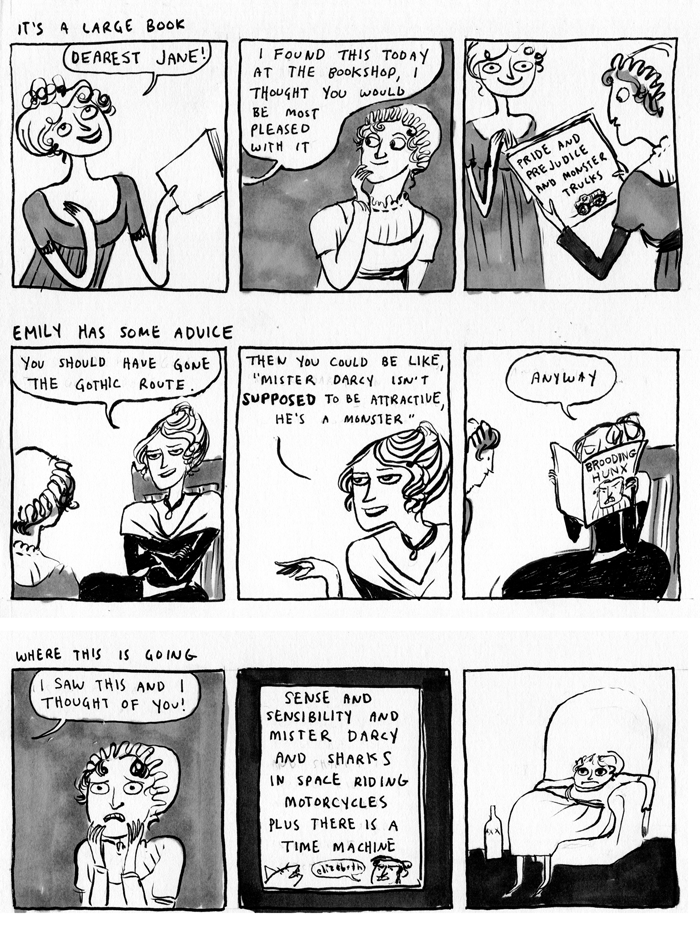The New York Times may have just created a new blog that may become my new obsession, "The Stone," "a forum for contemporary issues both timely and timeless." In their first posting today, Simon Critchley, a professor of philosophy at The New School (which ought to raise immediately warning bells, as the New School has this reputation for being a lefty-liberal-socialist continental school that has the unbecoming practice of letting their doctoral candidates pay for their PhD's. They also have some banging Nietzsche scholars.) writes the column "What Is a Philosopher?" It's a very nice piece, and some of the highlights include:
What is a philosopher, then? The answer is clear: a laughing stock, an absent-minded buffoon, the butt of countless jokes from Aristophanes’ “The Clouds” to Mel Brooks’s “History of the World, part one.” Whenever the philosopher is compelled to talk about the things at his feet, he gives not only the Thracian girl but the rest of the crowd a belly laugh. The philosopher’s clumsiness in worldly affairs makes him appear stupid or, “gives the impression of plain silliness.” We are left with a rather Monty Pythonesque definition of the philosopher: the one who is silly.And:
Pushing this a little further, we might say that to philosophize is to take your time, even when you have no time, when time is constantly pressing at our backs. The busy readers of The New York Times will doubtless understand this sentiment. It is our hope that some of them will make the time to read The Stone. As Wittgenstein says, “This is how philosophers should salute each other: ‘Take your time.’ ”And:
This all sounds dreamy, but it isn’t. Philosophy should come with the kind of health warning one finds on packs of European cigarettes: PHILOSOPHY KILLS. Here we approach the deep irony of Plato’s words. Plato’s dialogues were written after Socrates’ death. Socrates was charged with impiety towards the gods of the city and with corrupting the youth of Athens. He was obliged to speak in court in defense of these charges, to speak against the water-clock, that thief of time. He ran out of time and suffered the consequences: he was condemned to death and forced to take his own life.And:
Nothing is more common in the history of philosophy than the accusation of impiety. Because of their laughable otherworldliness and lack of respect social convention, rank and privilege, philosophers refuse to honor the old gods and this makes them politically suspicious, even dangerous. Might such dismal things still happen in our happily enlightened age? That depends where one casts one’s eyes and how closely one looks.Interesting stuff, no?

